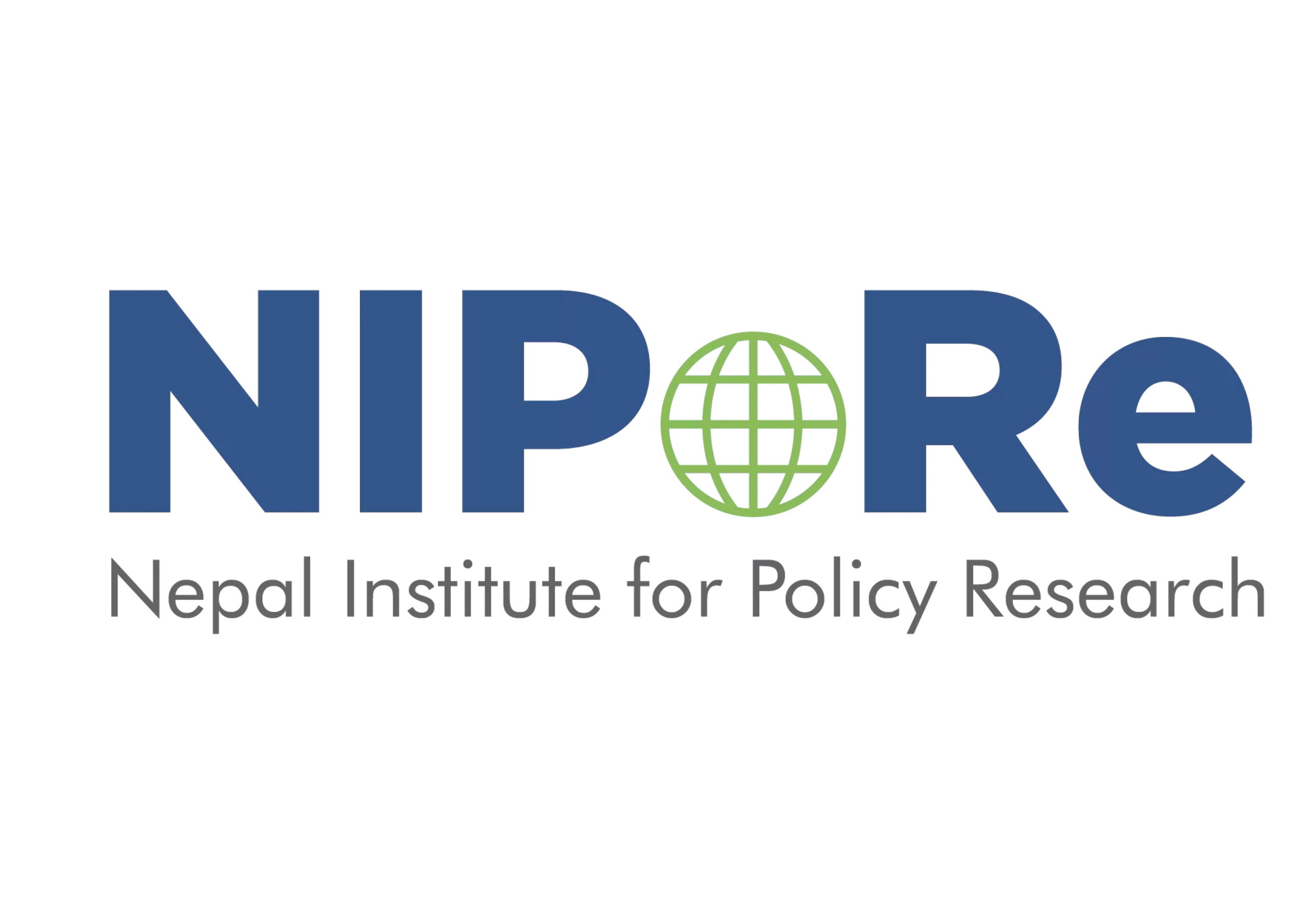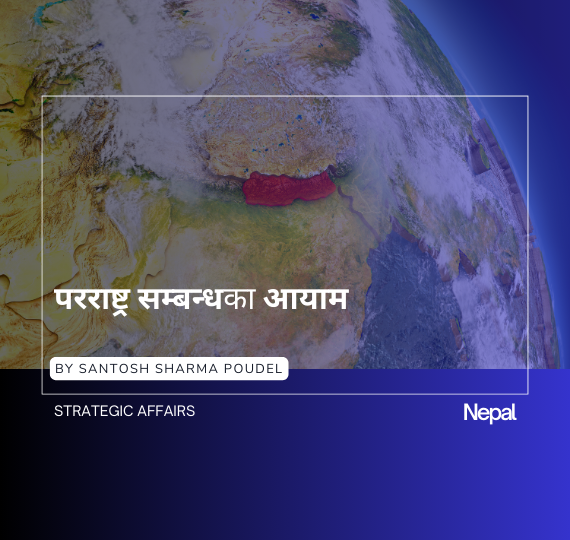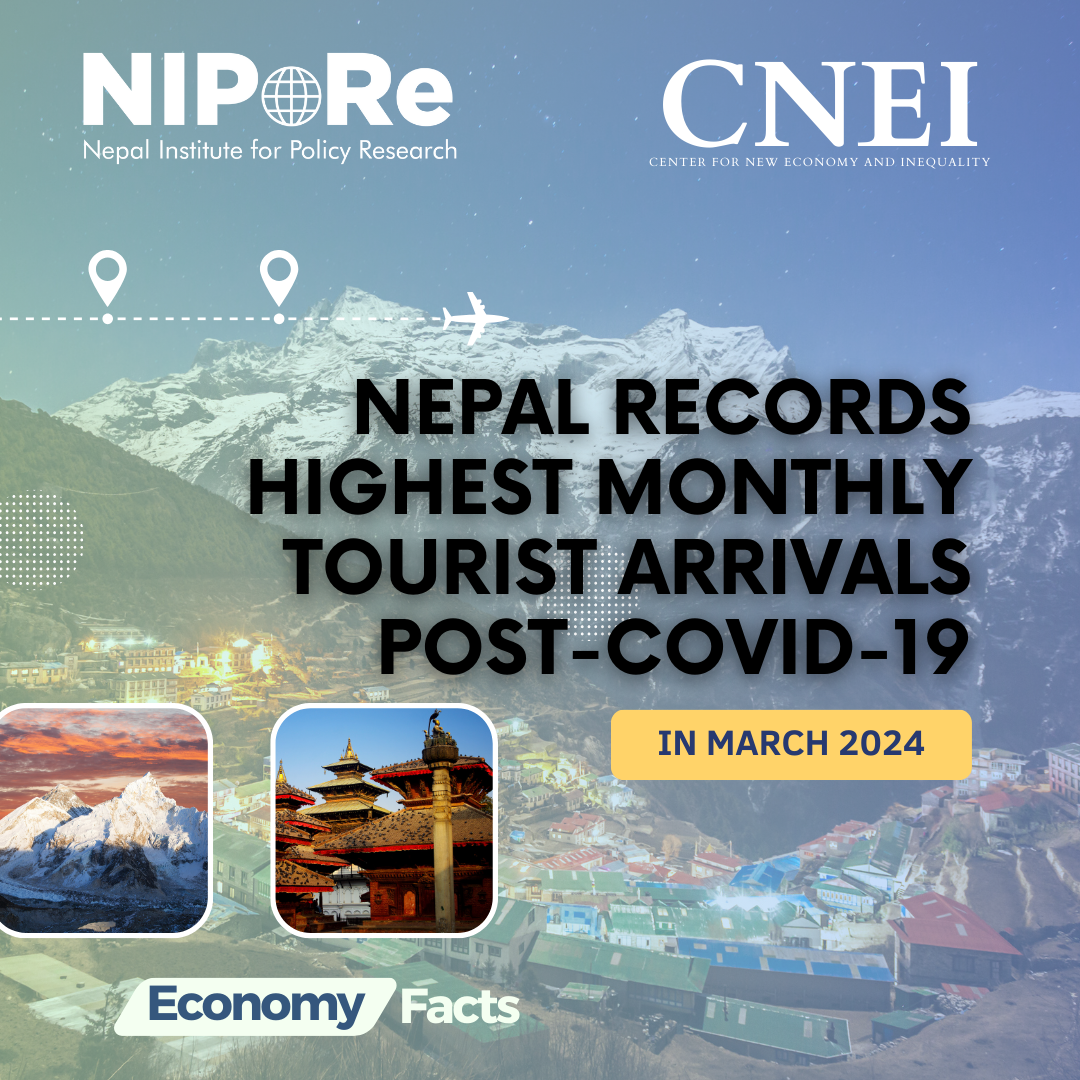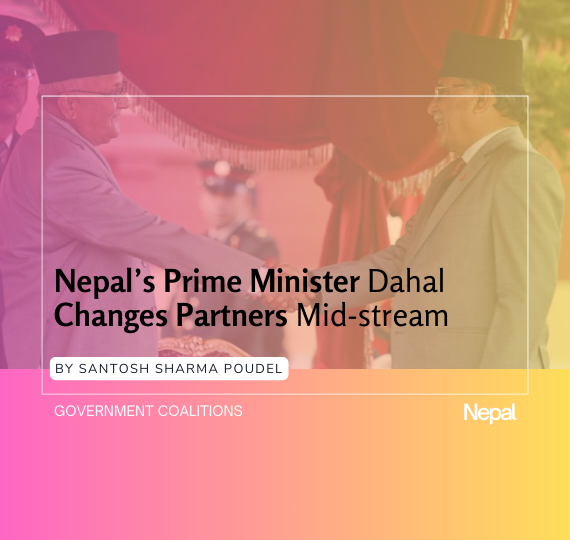Proposed Social Organization Act and Silent NGOs
Synopsis
The existence of non-partisan and active civil society representatives – individuals, loose networks and formal institutions – are crucial for maintaining a democratic society and also maintaining basic norms and values within. This commentary discusses evolving civil society landscape across countries in the Asia-Pacific region and outlines recent policy debates in Nepal that are likely to affect works and impacts of local NGOs and civil society. Also, it explores existing linkages between non-government institutions and their amicable relationship with politics in Nepal.
Introduction
Last month, the 11th ISTR Asia-Pacific Regional Conference brought together over 150 civil society researchers from the Asia-Pacific Region. The theme of the conference was shifting regimes and their implications for civil society organizations in the Asia Pacific region. While many of the countries in this enormous region of the world are home to a vibrant civil society or third sector, engaged in a wide range of activities from social services, to advocacy, to budding social entrepreneurship. Yet in many countries in Asia, governments are expanding their oversight and/or control over the activities of advocacy groups and organizations engaged in independent services and support through tighter regulatory controls and scrutiny. Since 2013, over 180 restrictive initiatives have been initiated in 82 countries tracked by the International Center for Not for Profit Law (ICNL), Nepal being one of them. The Asia Pacific region alone has 27 countries that have faced restrictive legal initiatives. These initiatives range from severe restrictions like constraining the right to assembly to more softer – limiting access to foreign funding. This phenomenon is evident in countries as diverse as India, China, Malaysia, Thailand, and Vietnam.
As I reflect back on the conference and look at some of the bills under discussion and some recent incidents, I reckon Nepali state is taking proactive actions to shrink the civic space. Be it the proposed media council bill, proposed Guthi Bill – that’s now retracted, proposed bill to amend university acts, or proposed social organization act in the name of making NGOs and INGOs transparent – all these have one thing in common – they aim to maintain a tight grip on the civic space in one or the other form. No wonder, Civicus, an international citizen alliance that tracks threats to civil society categorizes Nepal as a country where the civic space is obstructed.
Proposed Social Organization Act and Ambiguities
Existing Nepali NGOs are already facing onerous process in renewing their registration every year. The mandatory renewal process requires these citizen-led organizations to have clearance letters from the ward office and district development committee before initiating the process at the District Administration Office. Furthermore, NGOs receiving assistance from foreign entities are mandated to take permission from Social Welfare Council.
Nepali government is drafting a new Social Organization Act, 2075, an umbrella law which would regulate nearly every form of association. This law would replace Association Registration Act, 2034, National Directorate Act, 2018 and Social Welfare Act, 2049. This draft law is being reviewed and redrafted by multiple ministries. There are several issues in the bill that is under discussion.
First, the draft clearly envisions NGOs as service providers that would operate within a certain geographical area engaged in one type of activities. For instance, the draft law proposes organization to identify its work only in one category among thirteen functional categories of their work. It is practically impossible to demarcate the boundaries of the proposed functional categories. For instance, raising awareness is one category and the second category is the advocacy and promotion of rights. The proposed bill is geared towards discouraging NGOs to engage in more than one functional area with the provision of additional fees for those declaring more than one functional area of their work.
Second, the bill envisions a central registrar’s office for the registration, operation and to regulate organizations that operate nationwide or have working area in more than two provinces, professional associations, INGOs, and NGOs that register in Nepal but want to operate internationally. This proposed body is somehow identical to existing Social Welfare Council. In the meantime, it also envisions provincial and local registrar’s office for organizations operating province wide or more than two local levels. Furthermore, proposed bill is ambiguous in determining the standard process for the renewal process. It gives power to the local level in determining the requirements for the renewal of such organizations. While the idea of empowering the local level is encouraging, yet, having a clear standard nationwide for organization renewal would avoid confusion among organizations.
As I look at the proposed bill, it is clear that NGOs and other associations envisioned by the proposed bill are clearly seen as the service delivery agents – often from the neoliberal perspective. In Nepali public rhetoric, NGOs are understood as the service delivery agents, predominantly fueled by foreign aid. The fact that NGOs receive foreign aid is then used to delegitimize these organizations as “dollar harvesters”.
NGO & Politics: An Amicable Relationship
Varying statistics project different images of Nepali NGOs, Social Welfare Council Database suggests over 50,000 NGOs have registered in Nepal, while the president of NGO Federation of Nepal estimates active Nepali NGOs to be somewhere around 8,000. At any number, the associational revolution in Nepal and the influence of these citizen-led organizations cannot be ignored. Despite the strong organizational capacity, Nepali NGOs have not been as vocal in expressing their dissent as the civic space shrinks.
Guthis and media personnel came out on the street, former vice-rectors of the universities expressed their grave concerns through public forums. Interestingly, Nepali NGOs – often understood as the de facto civil society have not demonstrated a strong willpower or resistance to the ongoing encroachments from the state.
Theoretically speaking, NGOs are often understood as apolitical actors operating between the power of state and market forces. However, growing body of evidence suggests otherwise like a recent study doubts the political neutrality of Nepali NGOs.
In a candid conversation with this author, current president of NGO Federation of Nepal claimed 70% of the elected representatives at the local level have come from the NGO background. On one hand, the civil society organizations should take pride in their ability to groom leaders at the local level, in the meantime, it also suggests the politicization of the civic space that is ideally supposed to be free from politics.
Some examples can illustrate how the civic space is no more a neutral space and how the civil society organizations operated as the incubation center for the politicians. Ghanashyam Pandey, is the current mayor of Tulsipur sub-metropolitan city from former UML and Dilli Chaudhary is the member of parliament of province number five from Nepali Congress. Despite their ideological differences, they have one thing in common, both of them were affiliated with NGOs and led NGOs before jumping in as politician. While Chaudhary led Backward Society Education (BASE) that worked for empowerment of Tharus in mid-western Nepal, Pandey led the Federation of Community Forestry Users Group Nepal (FECOFUN). These two may sound anecdotal examples, yet, the amicable relationship between the leaders of NGOs and state might potentially explain the looming silence around the encroachment by the state.
References
- Civicus. (2019, July 31). Updates on Nepal. Retrieved from https://monitor.civicus.org/country/nepal/
- International Center for Not-for-Profit Law (ICNL). (2019, Jul 31). Civic Freedom Monitor. Retrieved from https://nipore.org/libra-and-the-future-of-nepals-financial-system/
- KC, Dipendra (2018, August 03). Between Rhetoric and Action: Do NGOs Go Where They Are Needed?. Retrieved from https://doi.org/10.1007/s11266-018-0024-9
- Nepal Government. (2075 BS). Act for Amendment of Education Related Nepali Acts, 2075. Retried from http://na.parliament.gov.np/uploads/attachments/gdxaosxecwrfh2yc.pdf
- Nepal Government. (2075 BS). Social Organization Act, 2075. Retrieved from http://bit.ly/2SMRy8o
Publisher’s Note: The Contributor co-chaired the 11th ISTR Asia-Pacific Regional Conference held in Bangkok, Thailand



